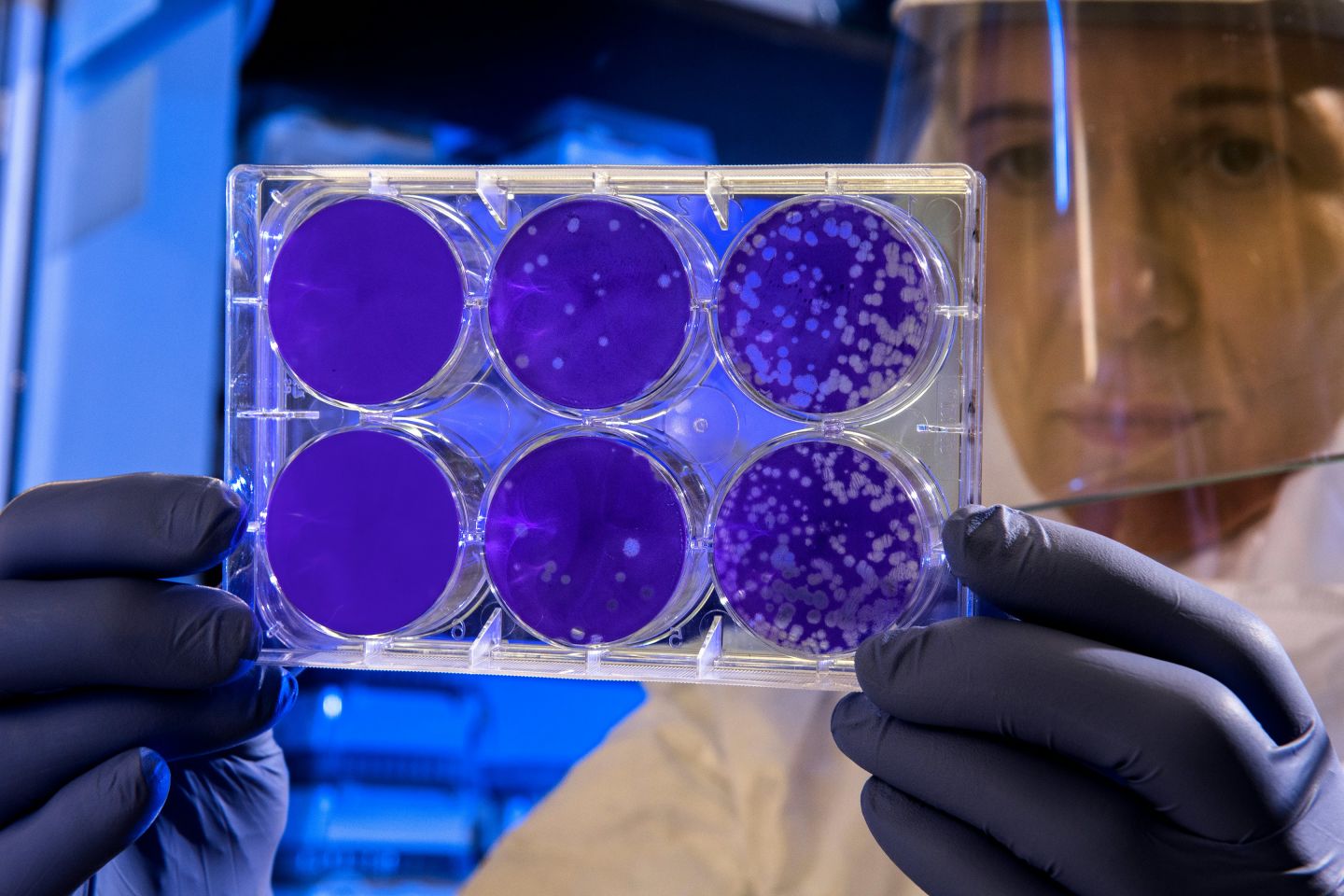Fungus link to dementia intrigues scientists
Our brains are teeming with microorganisms, so could antifungal medication reverse dementia?

Fact file – Human microbiome
The microbiome is the collection of all microbes, such as bacteria, fungi, viruses, and their genes, that naturally live on our bodies and inside us.
Although microbes are so small that they can only be seen with a microscope, they contribute in big ways to human health and wellness.
Together, these microbes orchestrate the immune system, influence how the brain works and grows, and affect our personality and feelings.
Over a third of the genes in the human genome have a bacterial origin, and the action of trillions of microbial genes in the gut has direct impacts on our nutrition and metabolism.
Scientists are exploring the link between infections and dementia and how some infections can increase the risk of getting the disease.
For example, the bacteria behind gum disease and the herpes virus, which causes cold sores, have been linked to Alzheimer’s disease.
It’s been known for some time that the human body, inside and out, houses vast colonies of microbial organisms.
While the gut microbiome is well known, the possibility of there being a brain microbiome has been controversial.
Scientists have now assembled evidence that seems to confirm the existence of the brain microbiome, indicting it is made up of a wide variety of microbes in different amounts in various parts of the brain.
In people with Alzheimer’s disease, certain microbes are over-represented – including Cryptococcus and Candida fungi, Streptococcus and Bacillus bacteria, as well as a currently unidentified alga.
In a study at Drexel University College of Medicine in Pennsylvania, doctors examined post-mortem brain tissue from 32 individuals and found three distinctive microbial species that were associated with the development of Alzheimer’s.
While the brain biome remains a mystery, researchers say clues are beginning to emerge about how good and bad pathogens are making our brains their home, and the affect they may have on our brain performance and even on who we think we are as humans.
As reported in New Scientist, a UK study found mice with a weakened gut microbiome were more likely to have a particular microbial agent in their brain, which could have been caused by long-term antibiotics treatment upsetting the gut microbiome. It’s thought the fungus then was able to breach the blood-brain barrier, entering the neural tissue.
It appears that that triggered the production of a chemical called amyloid beta, which prompted the brain’s immune cells, known as microglia, to combat fungal growth. If this process goes awry, the amyloid beta might build up into the plaques associated with Alzheimer’s.
Scientists say there is still much to be discovered – including treatments that specifically targets unbalanced microbiomes.
This could lead to the reversal of some dementias.
For information about the early signs of dementia click here.
Related reading: New Scientist, Dementia Australia


